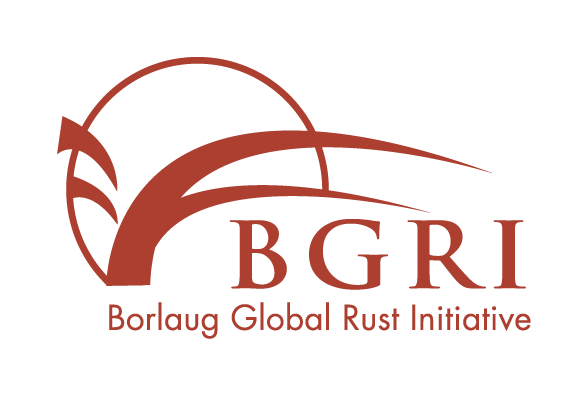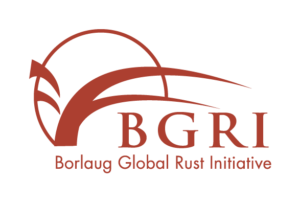A dangerous disease of wheat is yellow (stripe) rust, which is caused by Puccinia striiformis f. sp. tritici (Pst). Growth promoting fungi (GPF), Trichoderma asperellum and Penicillium simplicissimum, were investigated for their ability to control yellow rust and their involvement in gene expression of four PR proteins for all-stage resistance.
Results: Wheat seedlings (cv. Sids-12) treated individually with each of biocontrol agents at 24 hpi and 48 hpi showed resistance response (infection type 2) to yellow rust compared to untreated control which showed highly susceptible response (infection type 9). Elongated incubation and latent periods were also observed in wheat seedlings treated with biocontrol agents. Both biocontrol agents induced resistance to yellow rust at adult plant stage exhibiting moderately resistance (10 MR) and reduced colony size of Pst (0.6 mm2). Moreover, biocontrol agents acted as plant growth promoters, since they improved the length of roots and shoots of wheat seedlings. Biological treatments have also increased grain yield variables. Scanning electron microscope (SEM) of yellow rust infected wheat leaves treated with P. simplicissimum and T. asperellum at 24 hpi and 48 hpi revealed hyperparasitism on Pst urediniospores and inhibition of spore germination. The highest expressions of pathogenesis-related (PR) protein genes, PR1, PR2, PR3 and PR4, were recorded in seedling treated with both GPF and were significant compared to untreated control except PR3 and PR4 treated with T. asperellum which was higher but not significant with the control.
Conclusion: P. simplicissimum and T. asperellum exhibited the biocontrol potential against Pst disease. Wheat yellow rust’s defense mechanism was activated by high expression of PR protein genes induced by P. simplicissimum and T. asperellum.





